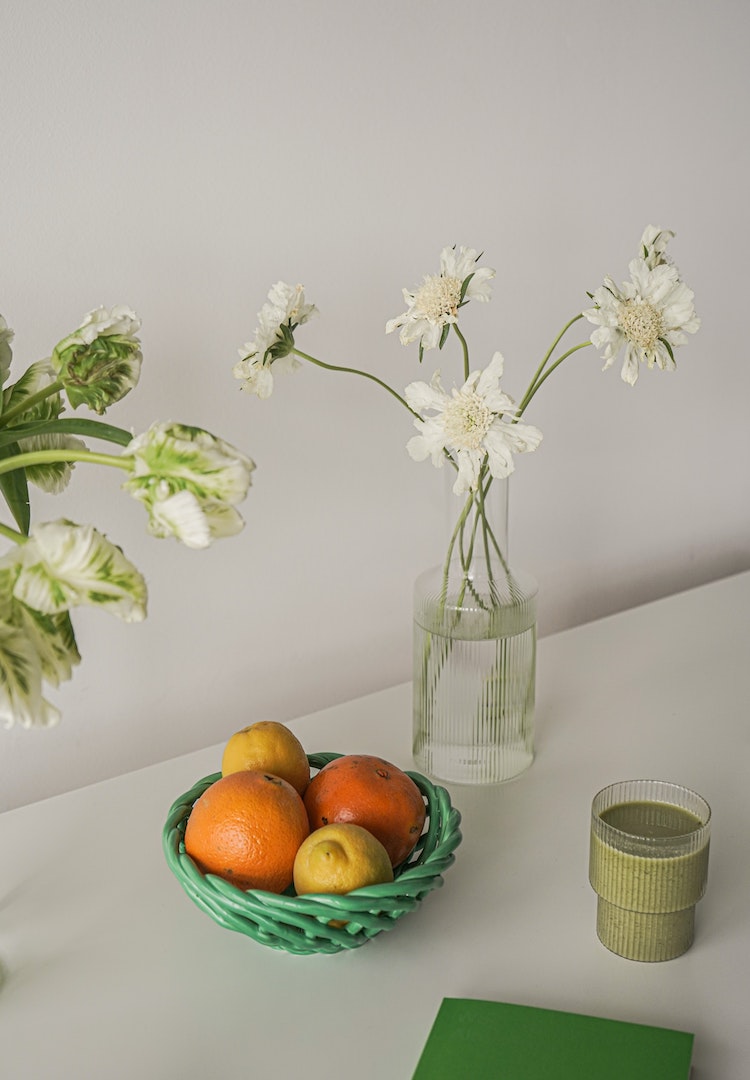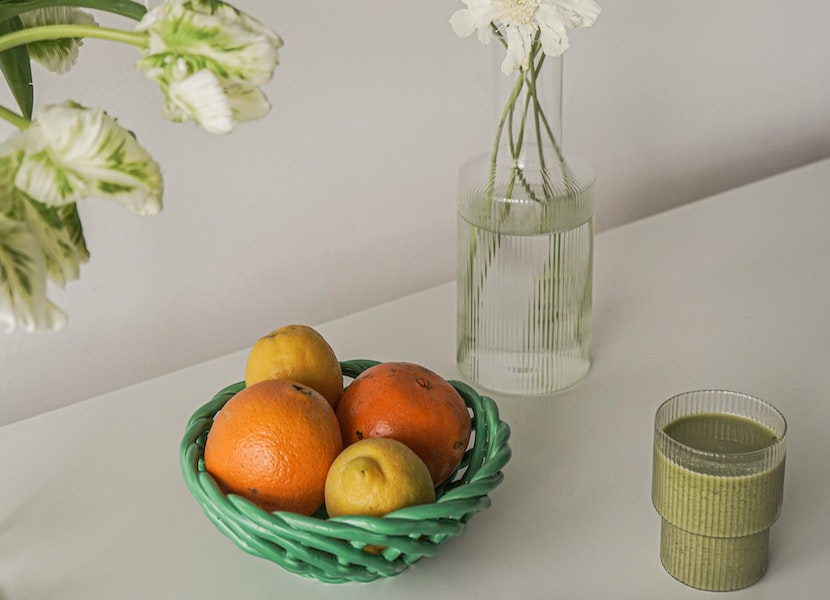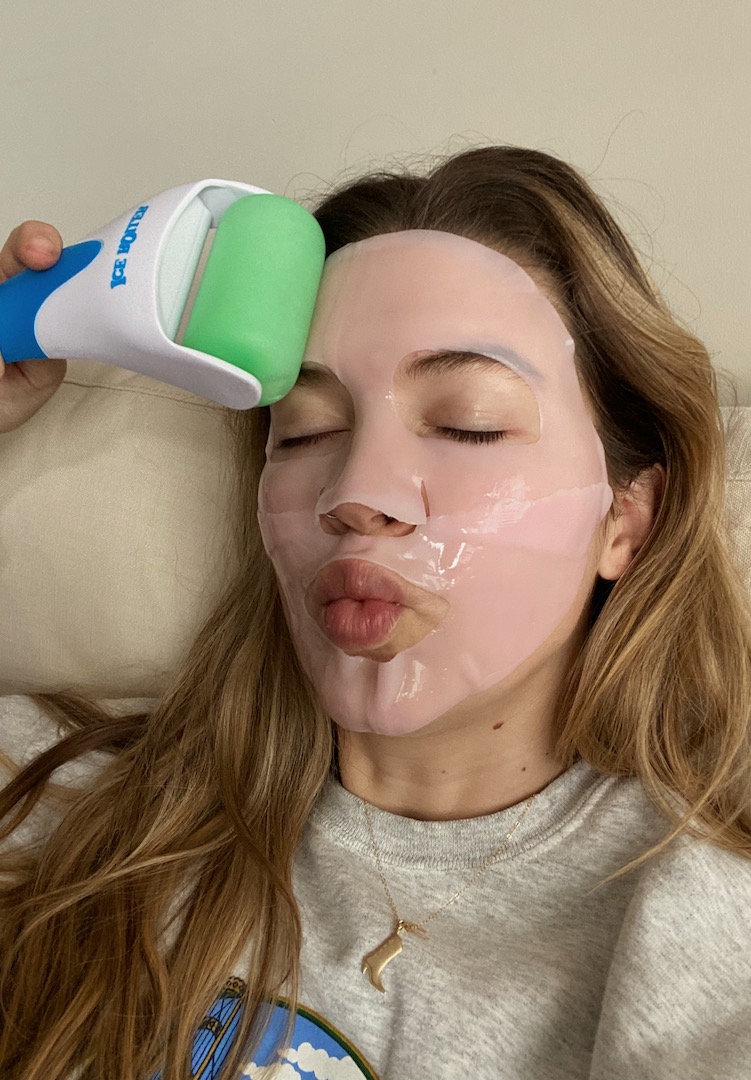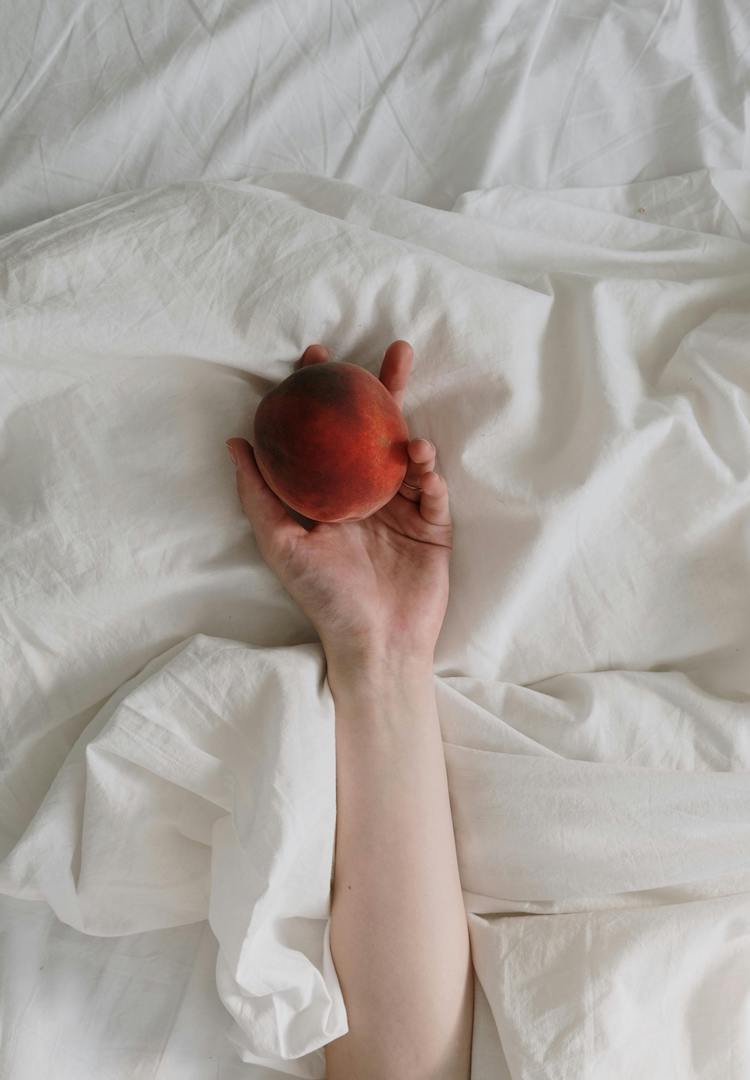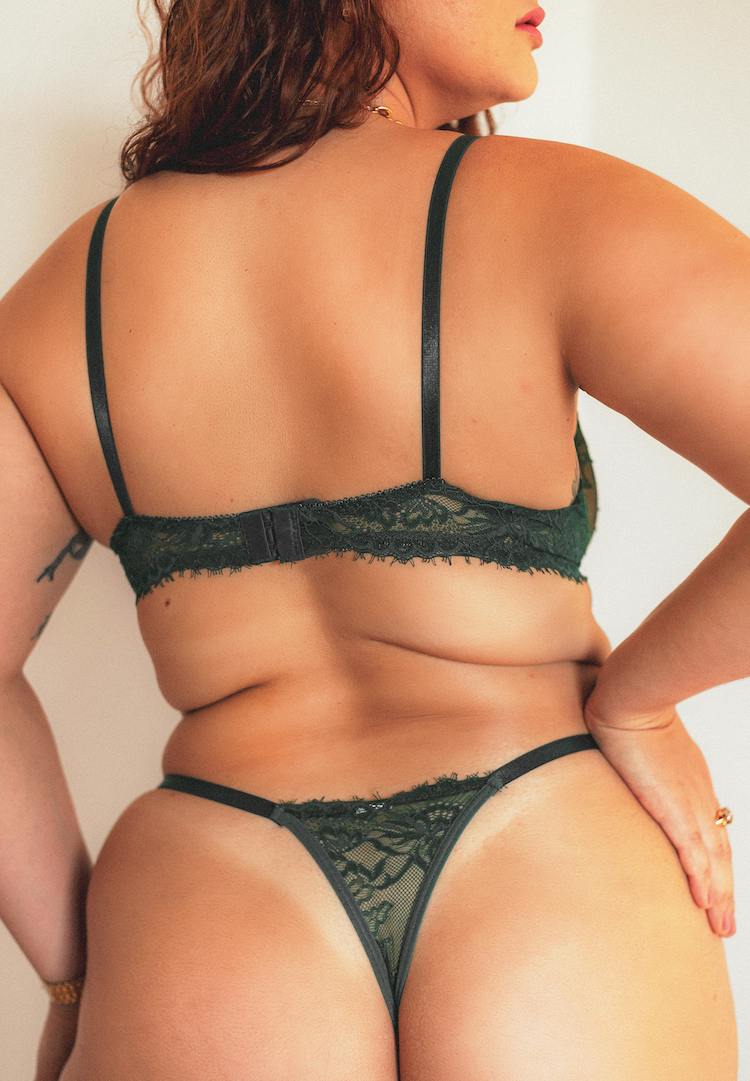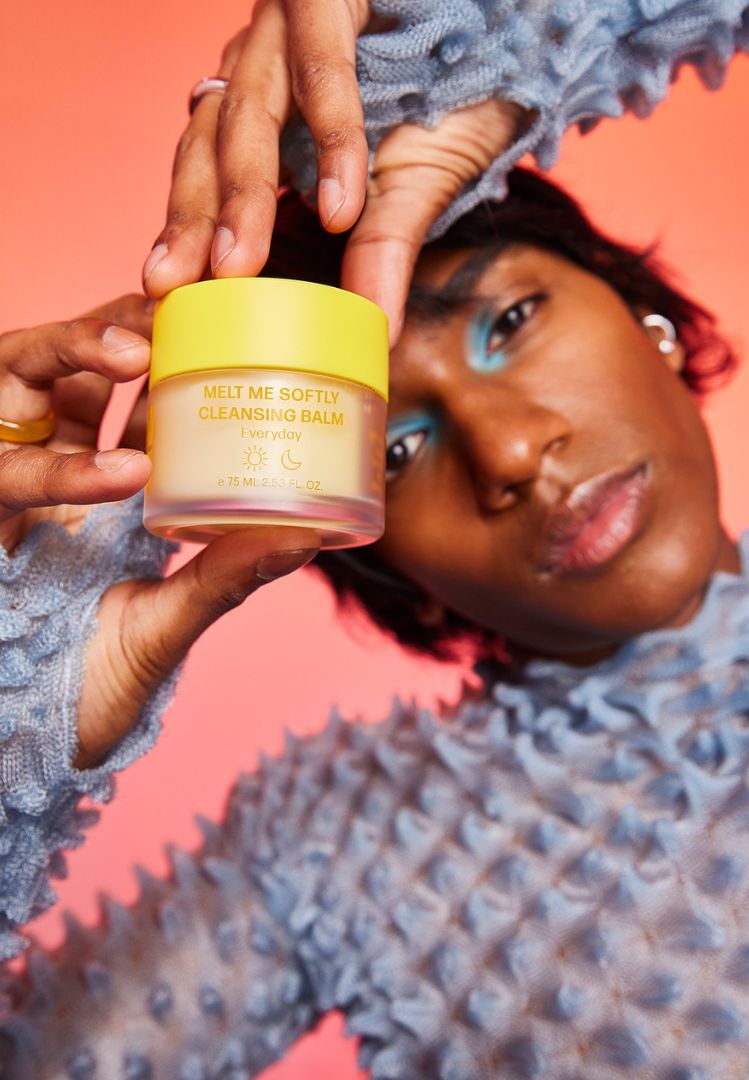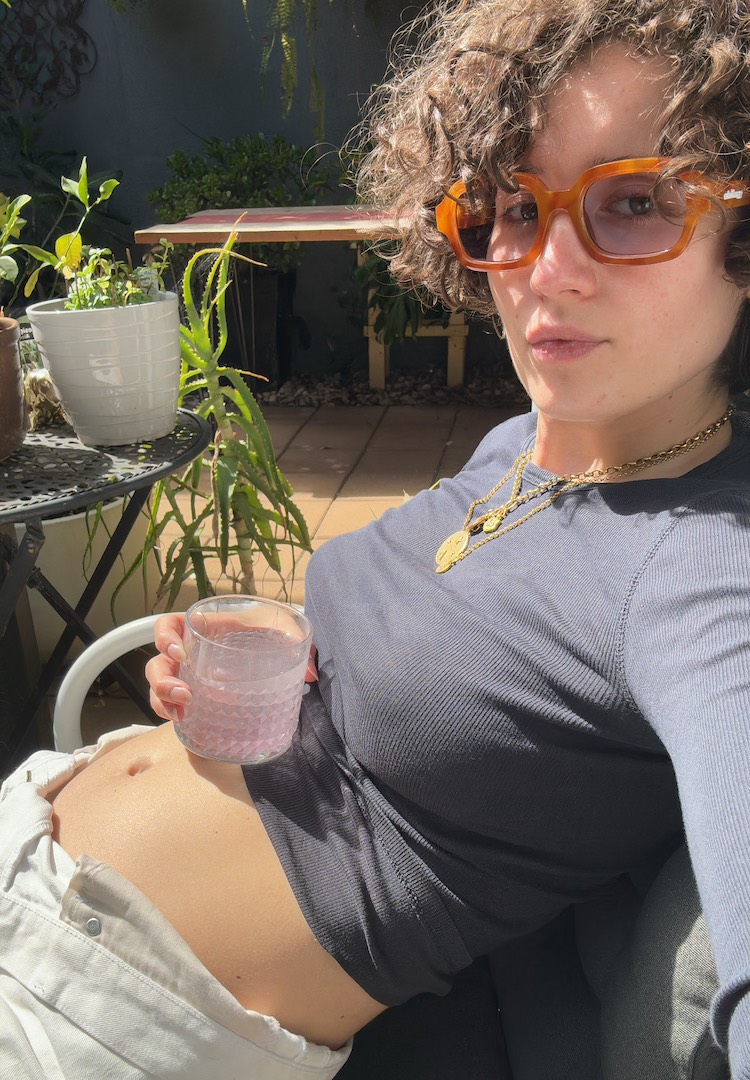I tried waking up earlier to see if it would make me more productive
WORDS BY DAISY HENRY
Rise and shine.
As I snooze my alarms and sleep past sunrise each morning, there’s a select group of people who wake up insanely early to fit in gym sessions, answer emails, journal and make the rest of us feel bad – sorry, I meant to say ‘make the most of their morning’. We’re told waking up earlier is something we should aspire to, that it’s positively correlated with being more successful, disciplined and organised.
Michelle Obama’s morning routine, for one, involves waking up at 4.30am and working out alongside her husband Barack Obama. In an interview with Pooch, Kim Kardashian said on a ‘general day’ she wakes up at 5.45am so she can work out by 6am.
Interested to hear how others navigate the world? Head to our Life section.
Michelle and Kim aren’t the only ones who subscribe to – and place their faith in – the early riser philosophy. Apple CEO Tim Cook reportedly wakes up at 3.45am, while wellness queen Gwyneth Paltrow is up by 6.30am.
But there isn’t necessarily anything better about people who wake up earlier. It’s more important to find out what works best for you. So while I wasn’t prepared to suddenly start waking up before dawn, I was intrigued by the idea of a slow, intentional morning that didn’t see me half-asleep and frantically rushing around my house.
I wondered if waking up early would somehow make me more productive, or if some CEO energy would rub off on me. In need of some direction and guidance, I turned to Kate James, life coach and founder of Total Balance.
Setting your intention
One of the first things Kate advises is to set an intention and find a purpose. “It’s really important to figure out why,” she says. “Ask yourself, ‘Why does it matter to me?’. Without [purpose], without really feeling engaged, I don’t think it’s easy to commit to something.”
Thanks to grind culture, I’ve always felt a degree of pressure to value productivity above all else. It was helpful to take a second to ask myself why I wanted to do it in the first place. I ended up coming to the conclusion that while I didn’t need to wake up at first light in order to prove something, I still wanted to create a morning routine that gave me time to slowly wake up and practise some self-care.
Incremental change and creating new habits
“Any incremental change is going to be more sustainable than something really dramatic,” Kate explains. “The science of creating new habits suggests making the change feel so small that it doesn’t feel overwhelming. So it could even be 15 minutes [earlier].”
I’m in agreement. If I’d gone from waking up at 8.30am to getting up at 5am and forcing myself to go for a run, my body would’ve likely gone into shock. Importantly, Kate also reminds me my results won’t always be immediate.
In fact, one study found it can take anywhere from 18 to 254 days to form a new habit. “If you drop [or] miss a day, get back on track quickly,” Kate says. “Don’t overthink it, don’t think, ‘Oh, I’ve got to wait until next Monday’, or ‘I’ve got to start again next month’. Just start again as soon as you can.”
Forming a routine
“The practices you do in the morning [should] be guided by your intuition,” Kate tells me. Whether it’s gratitude practice, going to the gym, or eating a healthy breakfast, she explains it’s best to listen to what you feel compelled to do, rather than what you might feel pressured into.
Kate also tells me about a practice by author Julia Cameron called ‘morning pages’. “Basically, she wrote the book for [people] who are blocked creatively. And morning pages means ‘stream of consciousness’ writing for about 10 minutes,” she explains. “It’s about connecting with yourself and letting that pencil or pen move on the page so you feel free.”
Testing it out
Going off my intuition, I instantly knew early morning cardio was not for me. Instead, I prioritised slower-paced activities like creating a gratitude list, journaling and stretching.
On day one, I was feeling motivated with newfound purpose and a nine-hour Sunday morning sleep in under my belt. I began by waking up 30 minutes earlier than usual so I could start the day with a cup of tea and a journal, ready to try Kate’s morning pages suggestion. By midday, I was two coffees in and powering through my to-do list.
I also made a few other small changes. I went to sleep earlier, ensuring I got an uninterrupted eight hours, avoided my phone before bed and slept with the blinds three-quarters open. I also hijacked my partner’s Endel account. Using circadian rhythms and working directly with sleep specialists, the app uses soundscapes to help you fall asleep, as well as a gradual-waking smart alarm to wake you up (and I couldn’t recommend it highly enough).
Though I was enjoying waking up earlier and having more time in the morning, I had a day off on Thursday and ended up sleeping in. It was frustrating, and hard not to feel like the week was ruined, but I summoned Kate’s advice and didn’t let it steer me off course. And by the end of the week, I realised I was waking up nearly two hours earlier than usual.
Final thoughts
Having a slow start to the morning undoubtedly had a positive effect on my mindset. I felt a wonderful sense of satisfaction in setting a goal and sticking to it, as well as a greater sense of control over my day. It meant I could ease into the day, rather than waking up disorganised and stressed.
Giving myself time to acclimatise to the morning also meant I felt more alert. I had all this extra time I could dedicate to myself – from letting my creativity wander through writing, to stretching, to taking the time to make a healthy breakfast with a podcast on in the background.
Overall, finding my rhythm and intentionally setting up my day has been invaluable. I feel calmer, more in control and more productive throughout the day. And I know even if I have a late night and want to sleep in the next day, I don’t need to be harsh on myself. It’ll always be there to pick back up.
For more tips on waking up early, try this.


